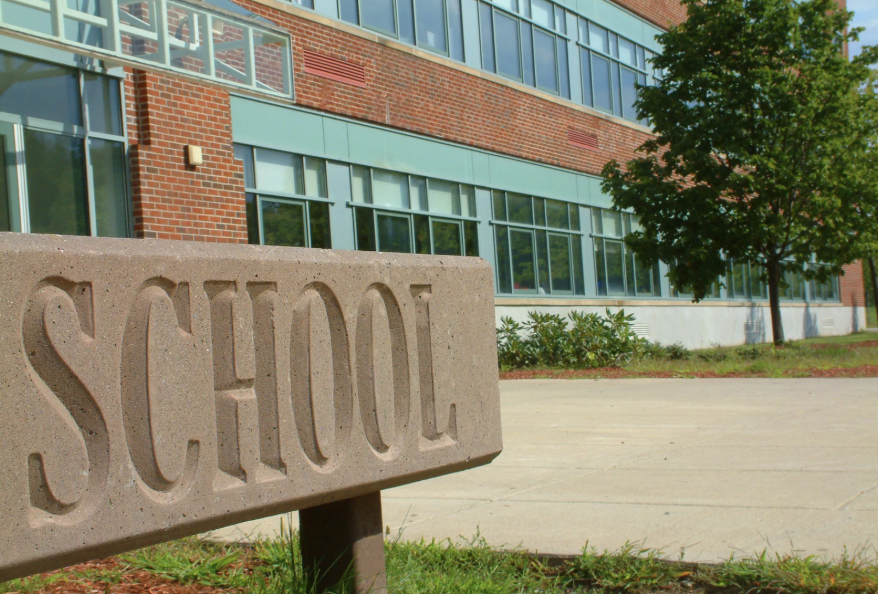In an unprecedented move to address the growing mental health crisis among young people, the U.S. government has unveiled a new national program aimed at integrating mental health education into school curriculums across the country. The initiative, announced today, will ensure that students from elementary through high school receive age-appropriate lessons on mental well-being, stress management, and how to seek help for mental health challenges.
The “Mind Matters” initiative is designed to equip students with the tools and knowledge needed to navigate mental health issues, both during their school years and into adulthood. The program will be rolled out in phases starting in the fall of 2024, with a focus on providing teachers with specialized training and resources to support mental health education in the classroom.
“By making mental health a priority in schools, we are investing in the well-being of our future generations,” said Education Secretary Miguel Cardona. “This initiative will help break the stigma surrounding mental health, provide students with the skills to manage their emotions, and create a supportive environment where every child can thrive.”
The curriculum will cover a range of topics, including recognizing early signs of mental health struggles, coping strategies for stress and anxiety, the importance of seeking help, and building emotional resilience. For younger students, lessons will focus on emotional regulation and peer support, while older students will receive more in-depth education on mental health conditions, resources for counseling, and how to access mental health services.
In addition to classroom education, the program will also include school-wide initiatives such as mental health awareness campaigns, partnerships with local mental health organizations, and access to counseling services for students in need. Schools will be encouraged to create safe spaces where students can talk openly about their mental health without fear of judgment or stigma.
This new program comes in response to increasing concerns about the mental well-being of students. Studies have shown a significant rise in anxiety, depression, and other mental health challenges among young people in recent years, exacerbated by factors such as academic pressure, social media, and the aftermath of the COVID-19 pandemic.
The government’s commitment to integrating mental health education into the school system is being hailed as a much-needed step toward normalizing mental health conversations and providing students with the resources they need to succeed emotionally and academically. As the program gains traction, it is expected to serve as a model for other nations seeking to prioritize the mental well-being of their youth.
With the “Mind Matters” initiative, the U.S. hopes to create a generation of young people who are equipped not only with academic knowledge but also with the emotional tools to face life’s challenges with resilience and confidence.


